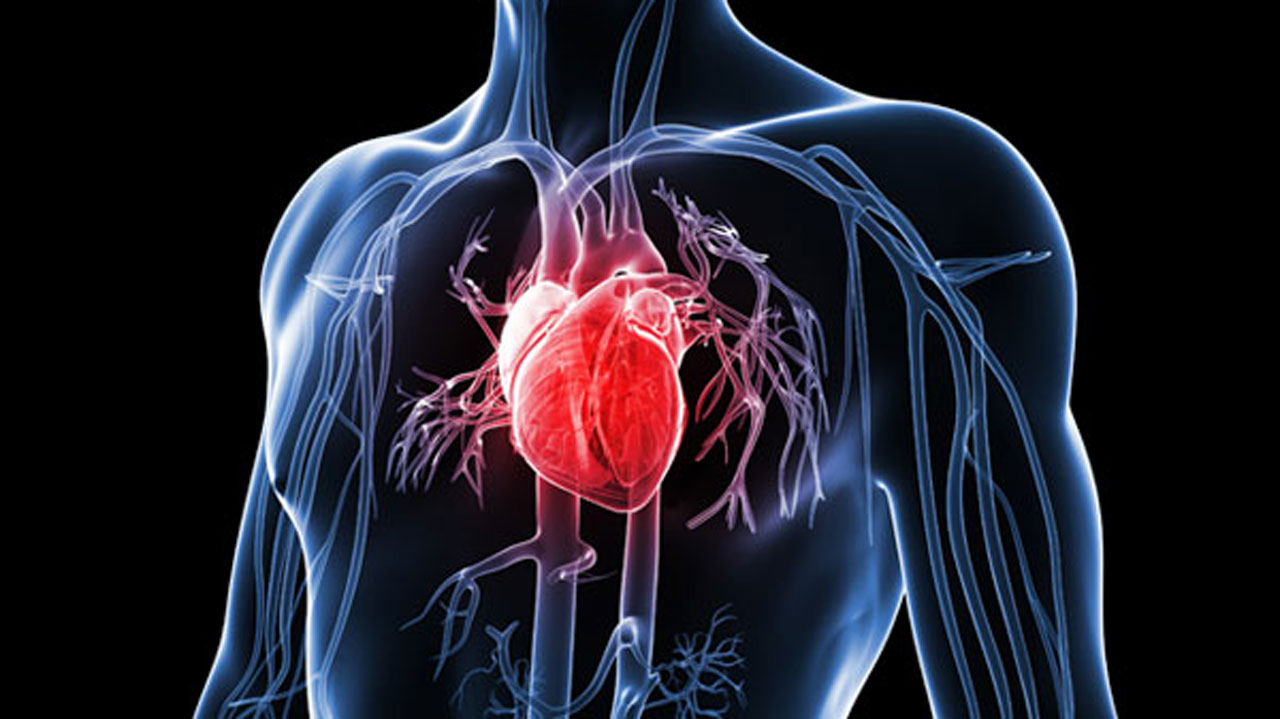The American Heart Association (AHA) has warned that frequent consumption of ultra-processed foods (UPFs) is driving up rates of chronic illnesses such as heart disease, stroke, obesity, and Type 2 diabetes, and is linked to up to a 66 per cent higher risk of premature death.
In a new Science Advisory published in Circulation, the Association reviewed current evidence on UPFs and their effects on cardiometabolic health. The report called for stronger dietary guidance, more targeted research, and policy reforms to reduce the public health impact of these widely consumed products.
Most UPFs, including sugar-sweetened drinks, ultra-processed meats, refined grains, candy, and commercial baked goods, are high in saturated fats, added sugars, and sodium. According to the advisory, these foods contribute to excessive calorie intake and have been linked in observational studies to a 25 to 58 per cent increased risk of cardiometabolic disease and a 21 to 66 per cent higher risk of mortality.
While some UPFs, such as certain whole-grain breads, low-fat-low-sugar dairy products, and plant-based options, offer better nutritional value, experts said this overlap creates confusion for both consumers and health professionals.
Chair of the writing group, Maya Vadiveloo, said the relationship between UPFs and health was “complex and multifaceted.” She noted that although foods high in saturated fat, added sugars, and sodium are harmful, it remains uncertain whether certain additives or industrial processing methods pose additional health risks.
The advisory recommended measures to cut UPF consumption, including policy steps like front-of-package labelling, more research into food additives and processing methods, and updated dietary guidance to discourage nutrient-poor UPFs. It urged replacing these foods with vegetables, fruits, nuts, seeds, legumes, whole grains, lean proteins, and low-fat, low-sugar dairy products.
Vadiveloo also emphasised the need for more research to determine whether the health risks stem mainly from ultra-processed processing itself or unhealthy ingredients. “In the meantime, the Association continues to urge people to cut back on the most harmful UPFs … and instead follow a diet rich in whole, nutrient-dense foods for better short- and long-term health,” she advised.






